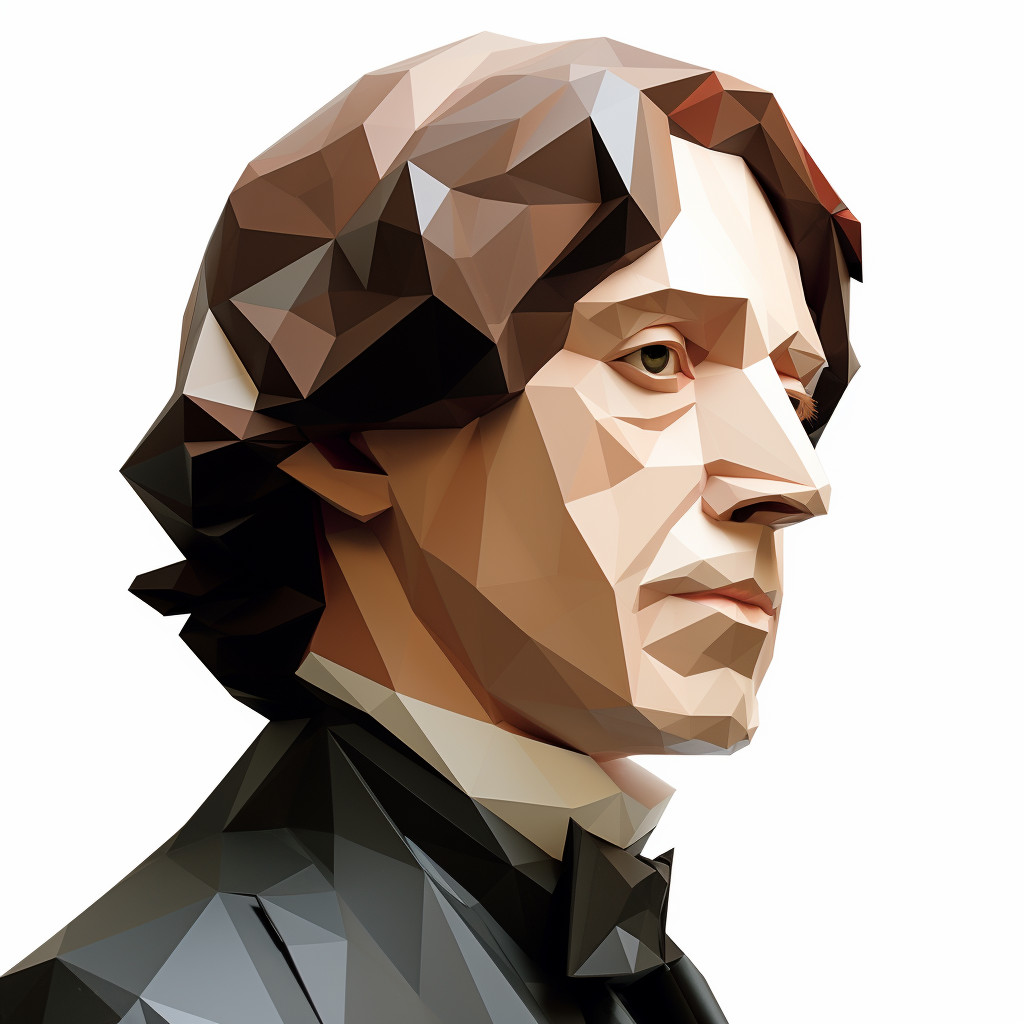This quote suggests that the ideal characteristic of a fully developed personality is not rebellion or defiance, but rather peace. It implies that a mature personality does not seek to disrupt or cause chaos, but rather to find harmony and tranquility. It is not about challenging the status quo for the sake of being contrary, but about finding a state of inner peace that allows one to navigate the world with grace and understanding.
In terms of rebellion, it is often seen as a sign of strength, individuality, and non-conformity. However, this quote proposes that rebellion is not the ultimate sign of a perfect personality. Instead, the ability to achieve peace, both within oneself and with the world, is a more desirable trait. Peace here doesn’t necessarily mean the absence of conflict, but the ability to handle conflict in a way that doesn’t lead to inner turmoil.
This idea can be applied to personal development in several ways. For instance, it encourages individuals to cultivate inner peace and equanimity as part of their personal growth. Rather than constantly seeking to rebel or challenge, one should strive to achieve a state of peace that allows them to deal with life’s challenges in a calm and collected manner. This doesn’t mean one should avoid standing up for what they believe in, but rather that they should do so in a way that promotes understanding and harmony rather than discord.
In today’s world, where conflict and division often seem to be the norm, this quote is particularly relevant. It suggests that the route to a better society is not through further rebellion and division, but through cultivating peace and understanding. This could mean seeking to understand different perspectives, promoting dialogue over confrontation, or working towards common goals rather than focusing on differences. It’s about creating a society where peace is valued over rebellion, and harmony is prioritized over conflict.





